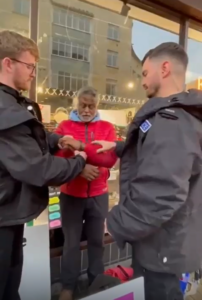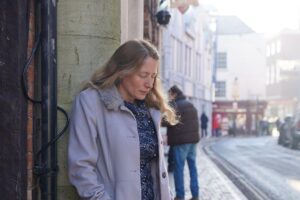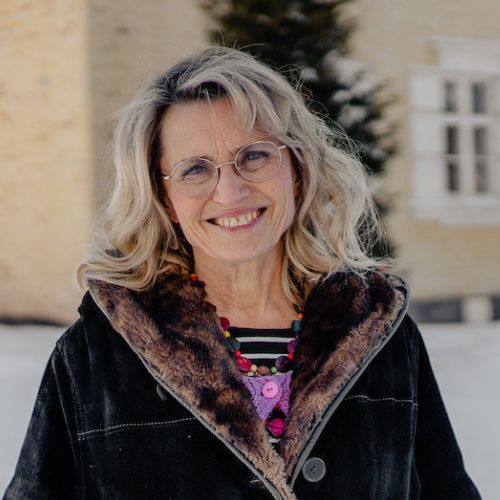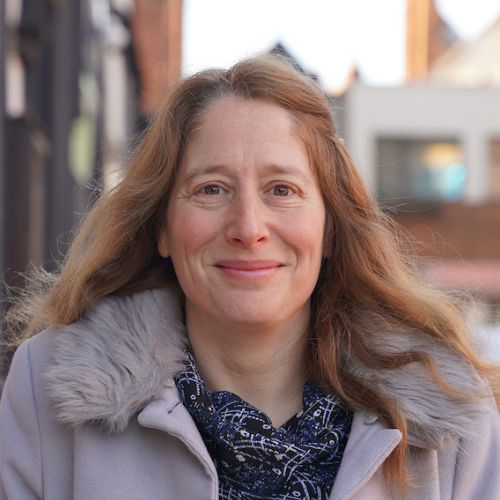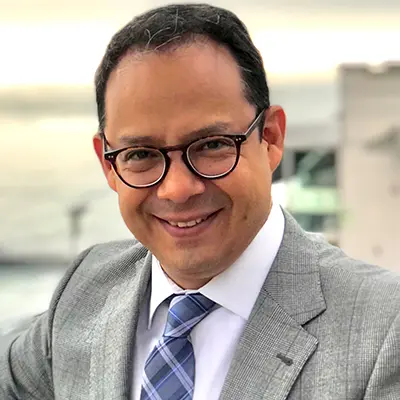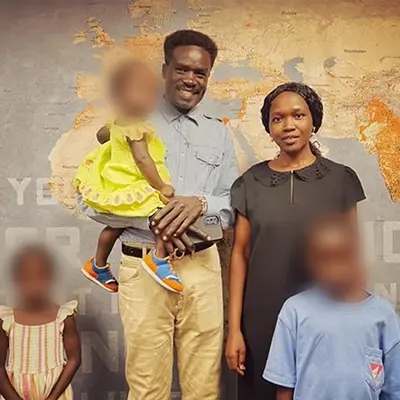– Ealing Council criminalised counselling and prayer outside a Marie Stopes abortion facility in 2014
– Mother who received “life-changing” help now seeks justice at the European Court of Human Rights (ECHR)
LONDON (25 November 2020) – Why ban prayer in public? A single mother is seeking justice at the European Court of Human Rights in response to Ealing Council’s criminalisation of prayer and counselling outside of an abortion facility. The court’s decision has the potential to impact 820 million Europeans from 47 countries, including the UK.
“What kind of society withholds help from vulnerable women? I’m challenging Ealing Council’s ban at the European Court of Human Rights because my experience is typical for many hundreds of others. I didn’t want an abortion but I was abandoned by my partner, my friends and society. My financial situation at the time would have made raising a child very challenging. Thanks to the help I was offered by a group outside of a clinic before my appointment, my daughter is here today. Stopping people from offering much-needed services and resources for women in my situation is wrong. Let them help,” said Alina Dulgeriu, who has filed an application at the European Court of Human Rights.
Human rights violated by unprecedented “prayer ban”
Alina Dulgheriu faced a crisis pregnancy in 2012 and felt abortion was her “only option” until she received “much-needed” financial, emotional and material help from volunteers outside of an abortion facility. The local Council’s enforcement of a Public Spaces Protection Order (PSPO) has since forbidden such charitable help from being offered near the facility. Over 500 other vulnerable women received help from the volunteers in the five years prior to the ban. Ms Dulgheriu hopes that the Court will overturn the Council’s decision and allow the volunteers to continue to offer support.
The wide-ranging order forbids even silent prayer near the abortion facility, thus raising concerns about the protection of freedom of assembly and expression, as well as freedom of religion or belief. PSPOs may only be brought into force if they are ‘reasonable’ in order to prevent a detriment to the quality of life in the area. Supporters of Alina’s campaign question the proportionality of the order against the charity’s support for women in crisis. The UK High Court affirmed that the censorship zone violated fundamental rights, but found that the PSPO was justified nevertheless. Alina hopes the ban on prayer and counselling will finally be overturned at the ECHR in a decision which will set a precedent for volunteers outside abortion facilities across the continent.
Ryan Christopher, Director of ADF UK, said, “In the name of protecting ‘choice’, this censorship zone has actually removed real choice. It limits the options available to vulnerable women who feel as though they have no choice but to go through with an abortion. By criminalising even the most basic offer of help, Ealing has gone far beyond what is reasonable or proportionate. The European Court of Human Rights has reiterated the importance of guaranteeing freedom of expression, especially where there is disagreement on an issue, and it is clear that Ealing’s censorship zone undermines this freedom without sufficient justification.”.

